Retinol vs vitamin C: benefits, differences, and how to use each in your skincare routine
Get the lowdown on retinol vs vitamin C - plus our beauty editor's top product picks for each ingredient


If you're weighing up using retinol vs vitamin C, you're likely looking to address wrinkles, pigmentation, dullness, or acne. It's also likely you've heard these active ingredients are some of the best in modern skincare. Guess what? It's all true.
Both ingredients are found in a variety of beauty products, usually creams or serums, and are both vitamin-based. Retinol is derived from vitamin A and is used topically, as is vitamin C, but once applied, they get to work in different ways.
While the best vitamin C serums tend to focus on collagen synthesis, skin tone and clarity to shift pigmentation, the best retinol creams speed up cell turnover, so can prove helpful in learning how to get rid of acne, softening lines, and for general textural improvements.
Retinol vs vitamin C: our beauty editor's complete guide
Both vitamin C and retinol are highly effective skincare ingredients, and they can be included in the same routine if you follow a few rules. This guide will teach you to differentiate between retinol vs vitamin C so you can make the best decision and achieve your skin goals.
What are retinol and vitamin C
What is retinol?
Retinol is a hot topic in skincare - and even within that topic people debate retinoid vs retinol. Essentially, all retinoids are vitamin A; it just comes in a few different forms, from pure retinol to prescription-grade retinoids and gentler derivatives. “Conventional cosmetics usually contain retinol esters called retinyl palmitate and tretinoin,” explains Vanessa Thomas, cosmetic chemist and founder of Freelance Formulations. “Your body converts these into an active form, retinoic acid, that can then be used by your skin cells.”
What is vitamin C?
"Vitamin C is a powerful antioxidant that works to neutralize free radicals in the skin," explains aesthetic practitioner and founder of Natali Kelly Clinic, Natali Kelly. "It aids in your skin’s natural regeneration process, which helps your body repair damaged skin cells." This gives it powerful protective and restorative properties when applied to the skin.
What are the benefits of each?
Retinol benefits
Retinol is often touted as an alternative to Botox, but it doesn't work in the same way as injectable toxins. Whichever form of retinol you use, it will speed up cell turnover, helping shed dead cells and grow collagen, both of which contribute to skin smoothing and plumping. “Retinol can reduce the appearance of fine lines and wrinkles, improve an uneven tone and exfoliate the surface of the skin,” says Thomas. Due to its ability to shift dead cells and build up, retinol is often used in a skincare routine for acne and skincare for oily skin, as it helps purge the congestion that can lead to breakouts.
Sign up to our free daily email for the latest royal and entertainment news, interesting opinion, expert advice on styling and beauty trends, and no-nonsense guides to the health and wellness questions you want answered.
Vitamin C benefits
As well as the repair and regeneration of skin cells, Vit C helps ward off future damage too. "It works to fight free radicals and act as a shield against environmental aggressors. Not only that, but it has amazing skin brightening benefits and works to even out skin tone, promote collagen production and diminish the appearance of fine lines and wrinkles," explains Kelly. It can also work as a hyperpigmentation treatment and other tone issues caused by environmental damage.
Retinol vs vitamin C: The key differences
- Environmental protection: While both ingredients can help treat lines, skin texture and more, vitamin C is can also protect the skin from UV rays, pollution, and smoke
- Potency: Retinol is extremely powerful and can cause reactions if the skin struggles to tolerate it. Vitamin C has many benefits, but it is less likely to irritate overall.
- Who should use it: Vitamin C can be used while pregnant or breastfeeding, but it's advised not to use retinol during these times.
How to use retinol and vitamin C
Experts advise using Vitamin C in your daytime routine to benefit from the environmental protection it offers, while retinol is an evening product to make the most of nighttime skin renewal processes.
Vitamin C
“Vitamin C is generally used in serums to allow for better absorption,” explains Thomas. It is a tricky ingredient to formulate, so ensure you pick genuinely effective products. "I would recommend a concentration of at least 10% and also to look for products containing ascorbic acid (also known as L-ascorbic acid), as this has the most skin research of any form of vitamin C and is shown to be effective," advises Kelly.
Retinol
Wondering how often should you use retinol? It certainly requires a little more caution. "It’s really important to integrate retinol slowly and gently to the skin, as when used too frequently or if the formulation is too strong for your skin, it can irritate," says Kelly, who advises that, "low concentrations of retinol are great for those who are new to using retinol or those with sensitive or reactive skin."
How not to use these ingredients
- Layered up together: While using both in your routine should be tolerated by the skin, experts recommend not using vitamin C and retinol at the same time. “The skin can become irritated and the products could be compromised if layered on top of one another,” says Dr. Harold Lancer, dermatologist of Lancer Dermatology. This won’t create faster or more pronounced results and may lead to flaky, red, or irritated skin.
- With AHAs: Thomas also recommends avoiding using either product layered up with “Alpha-hydroxy acids such as lactic or glycolic acid, as this can result in irritated skin.” You can still use skincare acids in a routine with retinol and vitamin C, but leave a day or so between them and build up slowly to avoid overstimulating your skin.
Retinol vs vitamin C: w&h verdict
Much like niacinamide vs vitamin C, weighing up retinol vs vitamin C doesn't have to be an either-or situation. They both have distinct benefits, and if your goal is nailing how to get rid of acne scars or other textural improvements, retinol might be the way to go. That is, however, as long as you don’t have sensitive skin or are pregnant or breastfeeding.
If you want a product that will improve your skin’s tone, collagen production, and general health, as well as protect it day to day, Vitamin C could be the answer. It’s also relatively gentle, so all but the most fickle skin types should tolerate it well.
But as we say, you needn't choose. With careful use, combining both in a routine, with Vitamin C in the morning and retinol at night, you could achieve the best results of all.
Our top retinol and vitamin C buys
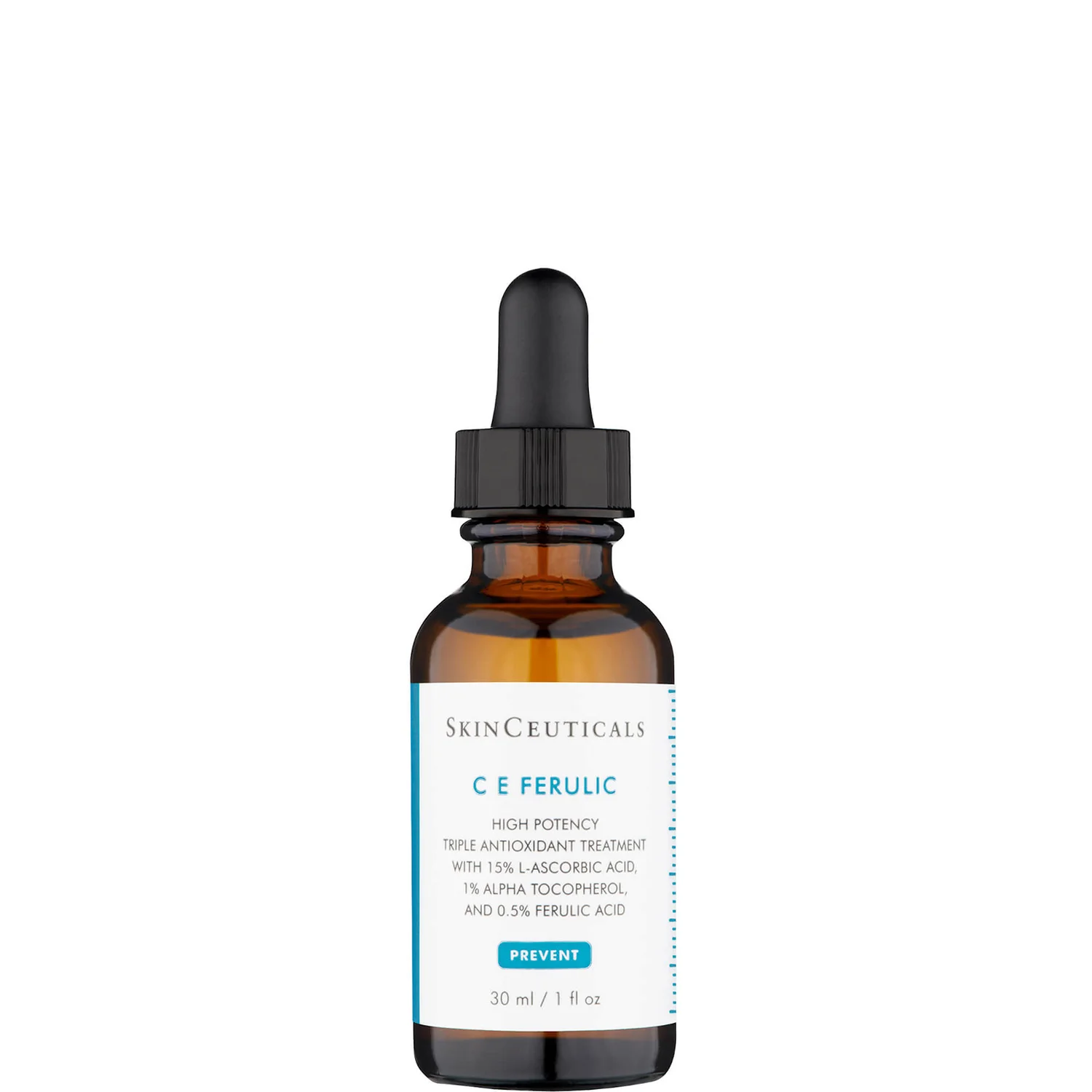
If it's acceptable to call any serum iconic, then this has to be one of the few that make the grade. One of the OG vitamin C products, this is never far from my skincare shelf thanks to its watery-light texture, high concentration of ascorbic acid, and inclusion of ferulic acid, which is known to supercharge the effects of vitamin C.
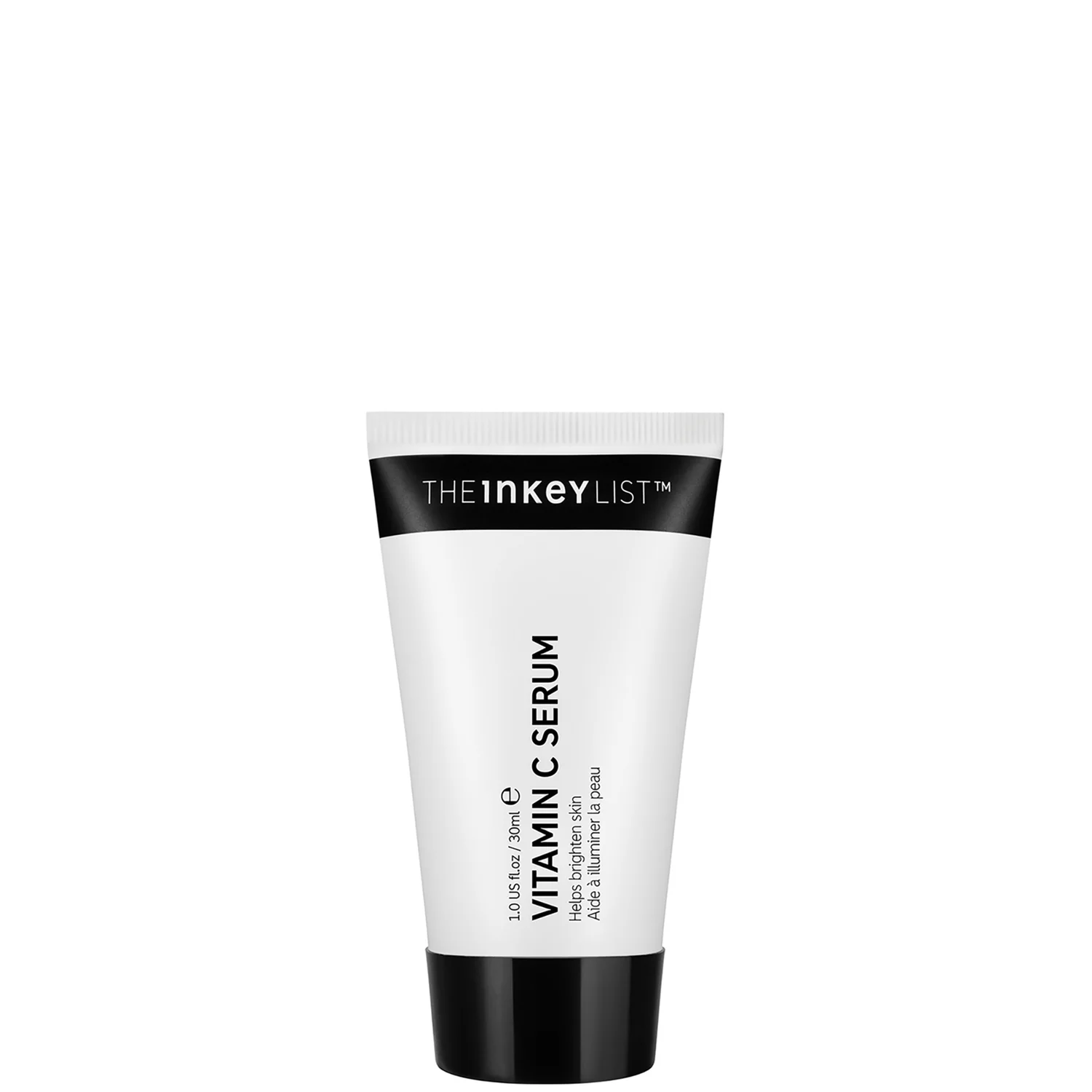
Combining no-frills packaging with an all thrills formula, this contains a whopping 30% ascorbic acid, the most powerful form of Vit C. It's punchy stuff, so you might experience a little tingling. If you have sensitive skin, start a few mornings a week and build up.
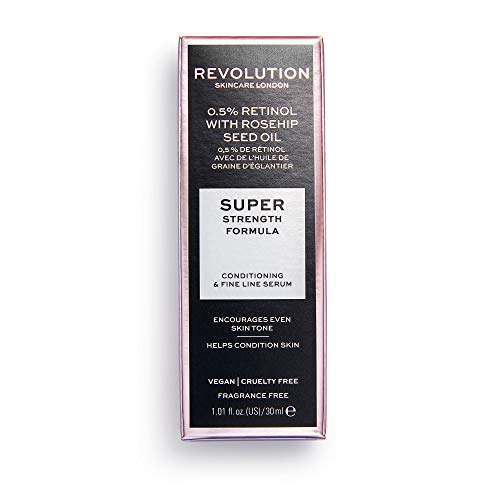
This brand always surprises me with its excellent formulations. This is fragrance-free and contains 0.5% pure retinol, plus rosehip oil, for face-soothing and nourishing properties. The tinted dropper protects the actives from degrading, and it's under £20!
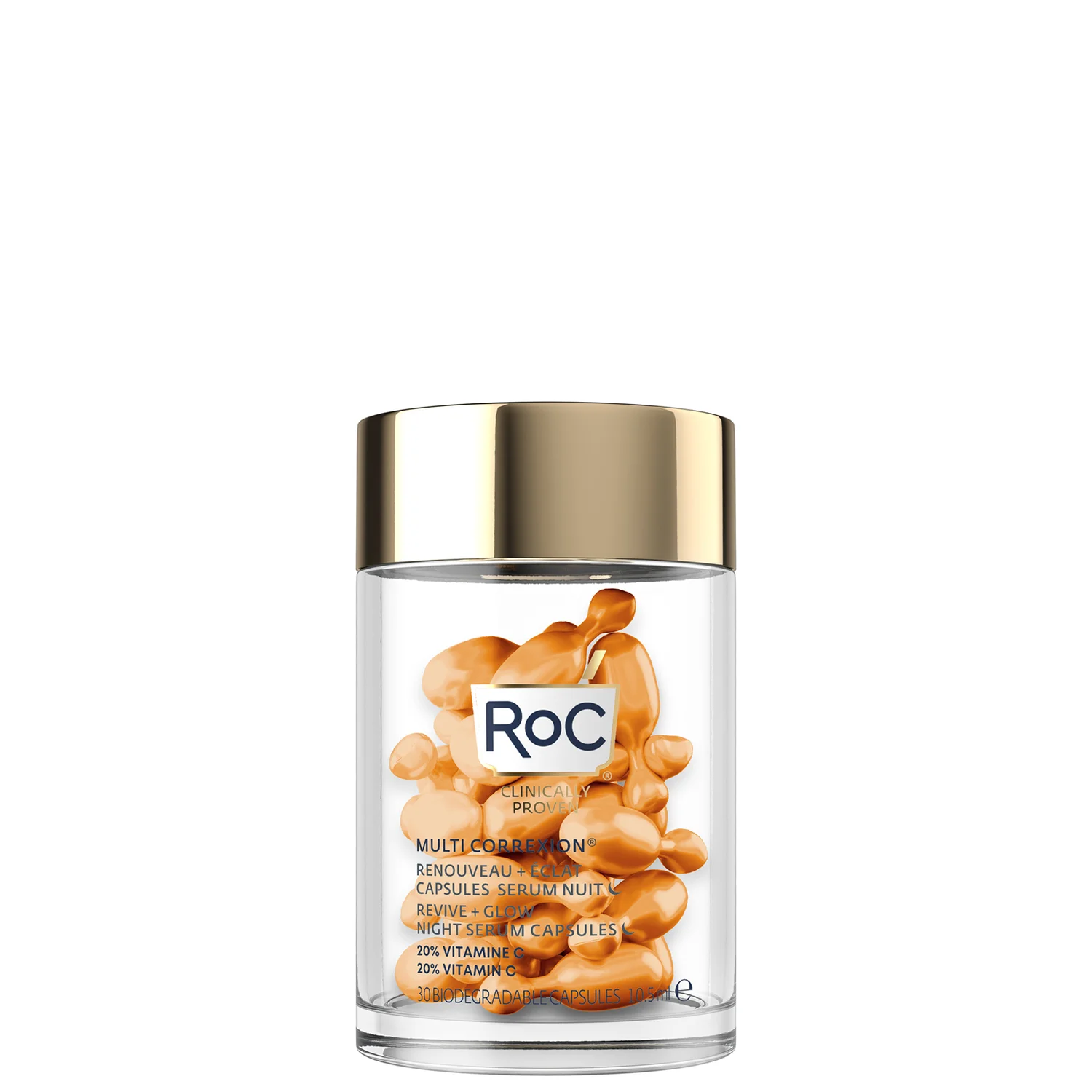
Putting Vit C in capsules is an inspired move, as it'll be in fresh, perfect, highly-active condition when you do decide to pop it out and apply. RoC has also included botanical antioxidants and nourishing glycerin in these little pods, plus they're perfect for travel.
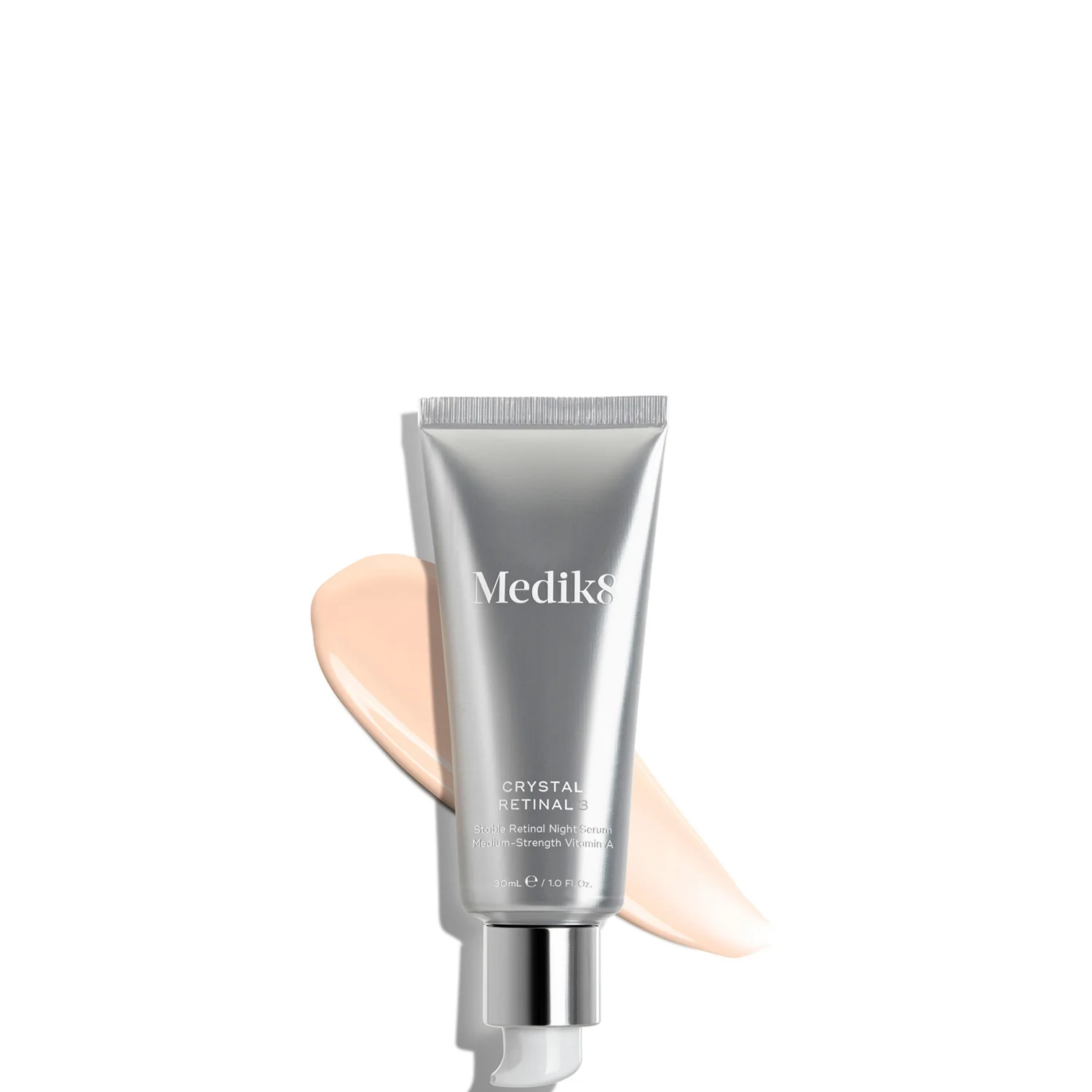
This brand is known for creating highly active skincare at not-bargain but not-terrifying-either prices. A little goes a very long way with this 0.03% retinal cream (a retinol type that gets to work a little quicker). The formula applies smoothly, smells a little like sugared almonds, and will improve your skin in as little as four weeks.
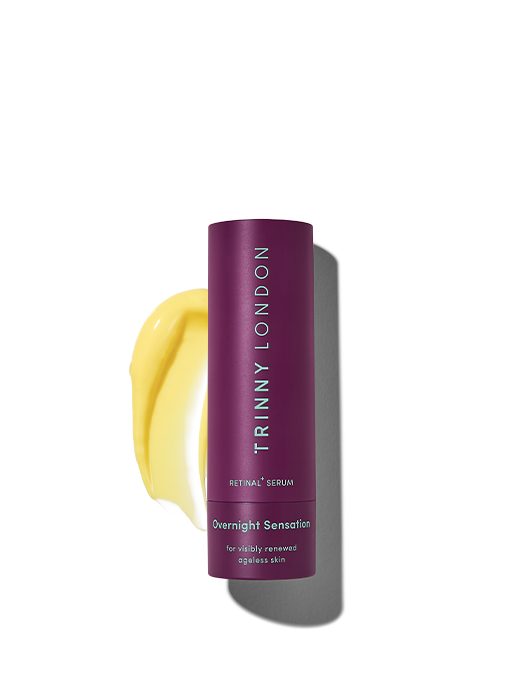
Trust skincare obsessive turned entrepreneur Trinny to formulate retinol with a doubled-down approach. This combines fast-acting retinal plus granactive retinoid, (which is known to be ultra-stable) in a very pleasant texture and totally light and air-proof packaging. Pricy, yes, but this will absolutely get things done.

As woman&home's Beauty Channel Editor, Fiona Mckim loves to share her 15+ years of industry intel on womanandhome.com and Instagram (@fionamckim if you like hair experiments and cute shih-tzus). After interning at ELLE, Fiona joined woman&home as Assistant Beauty Editor in 2013 under industry legend Jo GB, who taught her to understand ingredients and take a cynical approach to marketing claims. She has since covered every corner of the industry, interviewing dermatologists and celebrities from Davina McCall to Dame Joan Collins, reporting backstage at London Fashion Week and judging the w&h Beauty Awards.